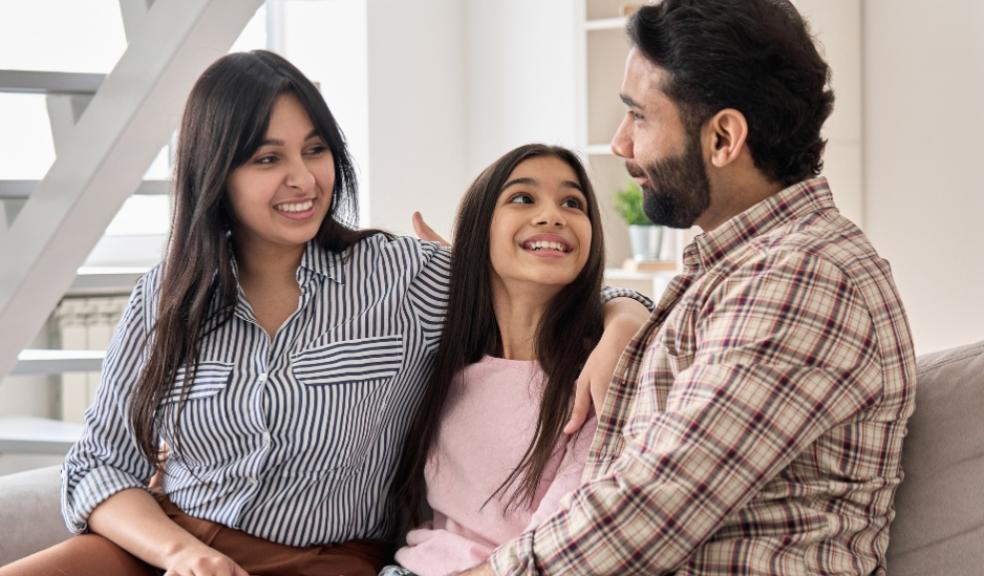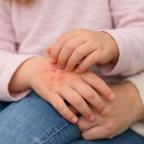
Five free ways to help your child or teenager with their mental health
- Parents are worried about mental health and wellbeing of children and teenagers
- Services are overstretched - CAMHS referral rates increasing 54% YOY
- Cost of private therapy prohibitive
The words ‘mental health crisis’ are used a lot. Our children and young people are clearly struggling. Over half of all mental health disorders start before the age of 14, with 75% beginning by the age of 24. Rates have been increasing since 2017, from one in nine (11.6%) to one in six (17.4%) in 6 to 16 year olds.
In the 12 months to June 2022 there were 1.17m referrals to Child and Adolescent Mental Health Services (CAMHS) in England. Whilst the target is for all referrals to be seen within two weeks, it can take a long time to get to that place. And in the face of the cost of living crisis, private therapy just isn’t an option for many.
Added to that, in person therapy isn’t right for everyone. From June 2021 to May 2022, 522,271 did not attend an appointment and 268,728 cancelled an appointment. Whether it’s due to fear, accessibility, patient experience, or not having a good relationship with the therapist, it’s clear something isn’t working.
And as a parent you want them to be happy, healthy and fulfilled young people, flourishing. What can you do?
If you’re worried about your child or teenager, and want to help them, here are five free ways you can help them with their mental health, right now.
Spend time together as a family
Whatever your family set up, it’s important to spend time together on a regular basis. The easiest way to do this is to have shared meal times a few times a week. With everyone’s busy schedules it can be easy to let this slip, but designating time to sit down for half an hour and chat through your day, highs and lows, can be a great way to check in.
Get active
Exercise improves wellbeing as it releases endorphins.And you don’t have to push yourself or ‘feel the burn’ to get benefits from exercise, for either physical or mental wellbeing. Exercise gives you those happy hormones, makes you stronger, but also makes you feel empowered. When feeling low or negative about themselves, running even a kilometre, or getting out for a twenty minute walk, can make your child feel proud that they did something.
Use an app
Do young people spend too much time on their phone? Maybe. But it’s not all bad. Wysa is a clinically validated evidence based app that teenagers can use to get instant 24/7 access to interactive, AI-guided, mental health support. Proven to build relationships that are just as good as in person therapists, and with a range of interactive self-care exercises and evidence based interventions for stress, anxiety, grief, anger and much more, Wysa is there for young people where they are - on their phone. It is being rolled out in West London for all state school pupils who are eligible, and has been described as “likely to appeal to our students, yet provides a safe and clinically robust tool, built-in to our local mental health support groups,” by a local headteacher [more below].
Talk openly
Be open about your emotions and mental wellbeing. It’s ok to say ‘I’m feeling a bit down today but I’m going to go for a walk because that makes me feel better.’ If your child knows they can speak about how they feel and there is no shame, they will be more likely to open up to you. You don’t need to bring them into all family and parental stresses, but acknowledge that feelings are something we all have, and can work through as a family.
Write it down
Give your child or teenager a notebook and a pen and encourage them to journal. Reassure them that this is a safe space and if they want it to remain private you will respect that. Dozens of studies have shown the power of putting pen to paper and working through your feelings for stress, depression, focus and even immune systems. But make sure this doesn’t feel like homework for them. There is no right or wrong way to journal. What matters is doing it.
Emma Taylor, CAMHS Lead at Wysa, says “All parents want to do their best by their children and young people. And it can feel challenging when we’re struggling at times ourselves. There are lots of free and easy ways to help support young people with their emotions, educate them about the importance of mental health, and make them feel supported. But we need to make sure we do it in a way that feels accessible and engaging for them, meets them where they are, and is something they want to do. That’s where great, clinically robust technology comes in.”














